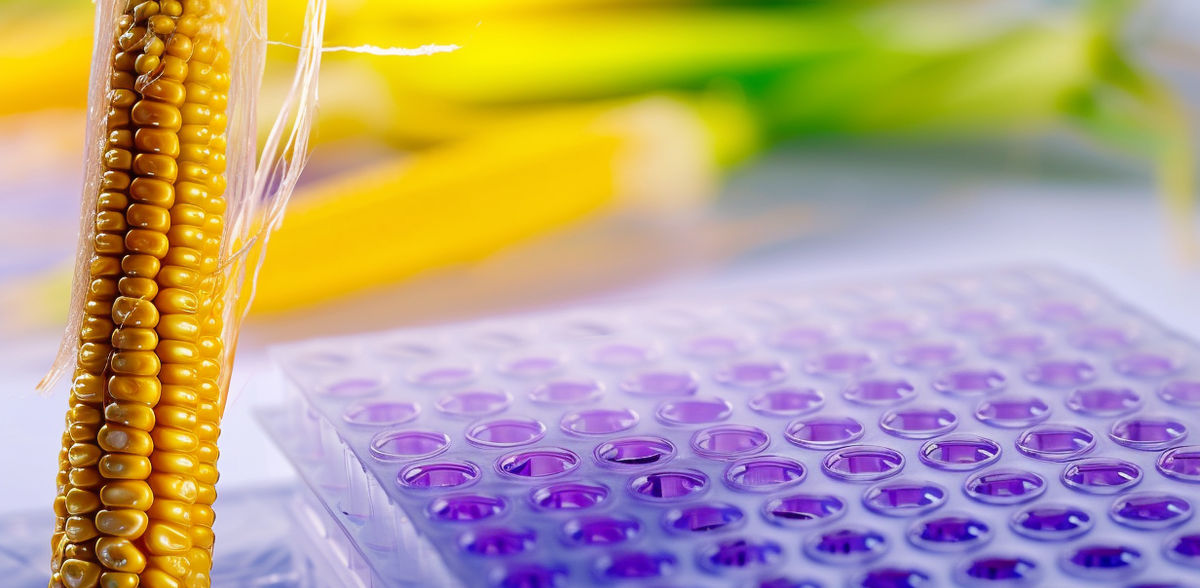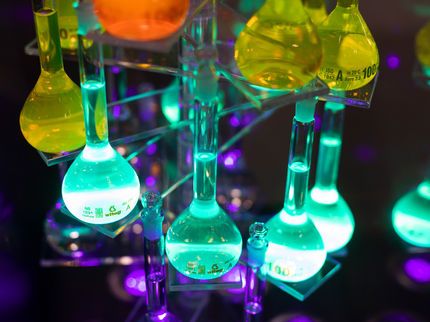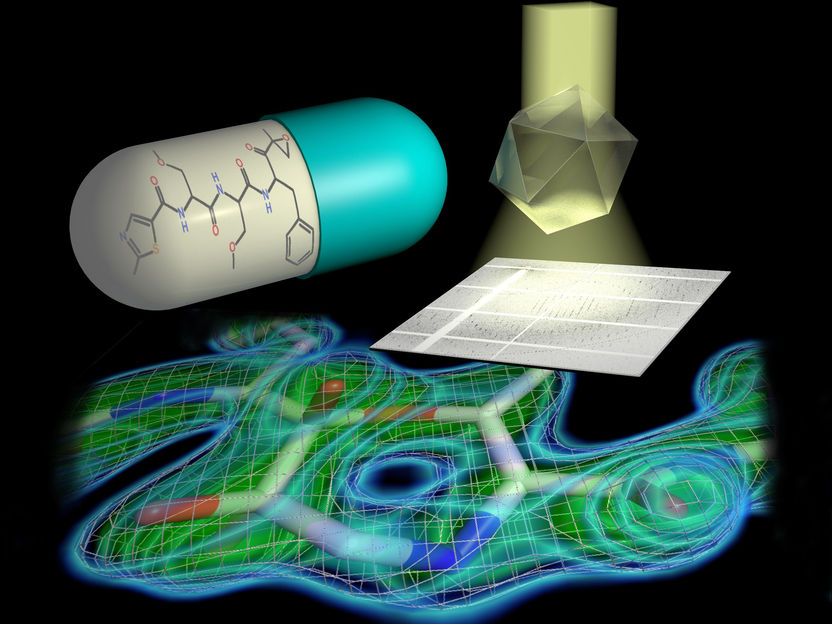Start-up offers a sustainable alternative for one of the most commonly used disposable products in labs
Green Elephant Biotech brings sustainability into the lab
Green Elephant Biotech GmbH, the world's first company to develop, manufacture and sell consumables for laboratories made from plant-based plastics, announces the commercial launch of the first-of-its-kind plant-based Green Elephant 96-Well Plate. For the first time, laboratory staff can conduct research, diagnoses and analysis more sustainably without compromising quality, all while meeting safety and purity standards. The plate is designed to replace single-use, fossil fuel-based plastic plates.
Single-use products are of growing importance to laboratories, where standardization is important for ease-of-use and controlling costs. However, sustainability is a growing issue, as every year labs contribute 5.5 million tons of plastic waste.
The Green Elephant 96-Well Plate is made entirely from sustainable polylactic acid (PLA), a plastic derived from corn starch, in a less energy-intensive production process than the manufacture of traditional polystyrene plastic plates. Following disposal, it produces CO2 emissions equal to what was initially absorbed by the corn plants from the atmosphere. Over its entire lifecycle, the Green Elephant 96-well plate has a 50 percent lower carbon footprint than its fossil-based counterparts, while remaining just as suitable for use in the laboratory.
“We’re proud to be the world’s first company to produce disposable laboratory materials from PLA using injection molding,” says co-founder and co-managing director Joel Eichmann, Dr. rer. nat. “Making the first product that meets the high technical standards of lab consumables was full of challenges, such as ensuring high transparency for optical applications. However, testing has shown our plates to be competitive with traditional plastics in this respect, proving quality does not need to sacrifice of sustainability."
"This is a watershed moment for sustainable laboratories, and for anyone who has ever been distressed by the pipette tips, gloves and microplates piled in the garbage can at the end of each day," adds co-founder and co-managing director Felix Wollenhaupt. "96-well plates are a standard disposable product used in almost every laboratory, suitable for a wide range of tests. We can now offer many laboratories a more sustainable alternative for daily use."
Something is happening in the life science industry ...
This is what true pioneering spirit looks like: Plenty of innovative start-ups are bringing fresh ideas, lifeblood and entrepreneurial spirit to change tomorrow's world for the better. Immerse yourself in the world of these young companies and take the opportunity to get in touch with the founders.
See the theme worlds for related content
Topic World Sustainability in the laboratory
The main topic of sustainability in the laboratory highlights innovative approaches and technologies that reduce the ecological footprint in laboratories. These include energy-efficient equipment, resource-saving consumables, green chemistry, recycling initiatives and sustainable laboratory management solutions.

Topic World Sustainability in the laboratory
The main topic of sustainability in the laboratory highlights innovative approaches and technologies that reduce the ecological footprint in laboratories. These include energy-efficient equipment, resource-saving consumables, green chemistry, recycling initiatives and sustainable laboratory management solutions.






























































